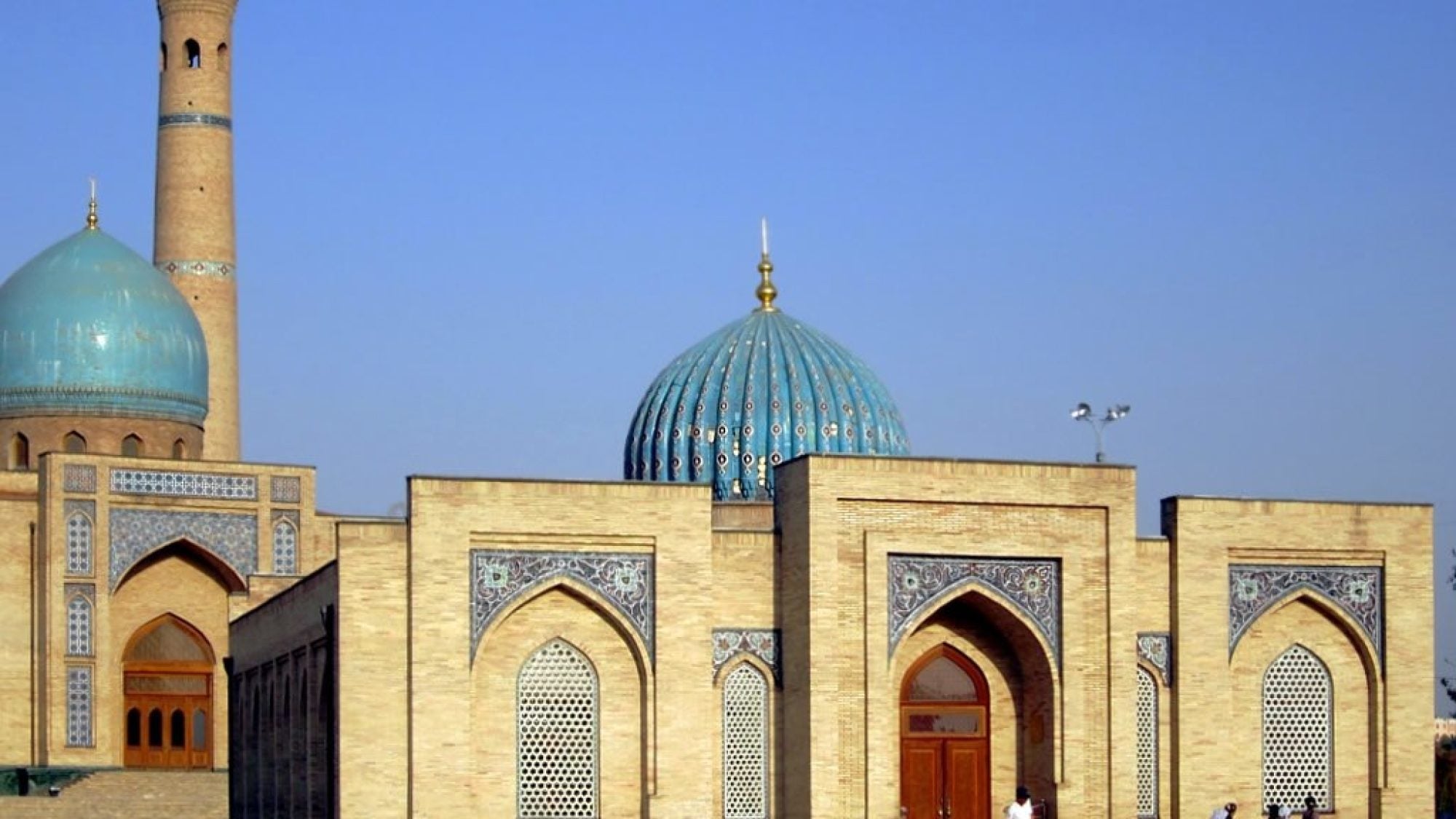
Title: Time for Renewal of Religious Independence in Uzbekistan
Today, long after the eighth century spread of Islam into Central Asia that largely displaced the region’s Buddhism, Zoroastrianism, and Nestorian Christianity, 88 percent of the 28 million people of Uzbekistan—Central Asia’s most populous country—are Muslim (mostly Sunni, with a 5 percent Shi’a minority).
Over the centuries, Muslim scholars from Uzbekistan have contributed much to history. The Uzbek mathematician Al-Khorezmi is widely known as the “Father of Algebra.” The ancient Uzbek city of Bukhara has been home to prominent figures such as the famous philosopher and scientist known in the West as Avicenna, who was born near the town in 980, and Bahauddin Naqshband, who founded an important Sufi movement. In the sixteenth century, the city of Bukhara made remarkable reforms in public education; children started school at age six and could then spend up to twenty-one years studying arithmetic, jurisprudence, logic, music, and poetry in the madrasah (Islamic school).
Rather than celebrating this illustrious heritage, however, the current Uzbek government is deeply suspicious of it, particularly in regards to its Muslim community. In fact, based on the recommendation of the U.S. Commission on International Religious Freedom, the U.S. State Department has designated Uzbekistan as a “country of particular concern” since 2006, marking it among the world’s worst religious freedom abusers.
Since 1998, Uzbeks have lived under a draconian law that prohibits unauthorized religious activities such as producing and distributing unofficial religious publications. The statute also bars children from taking part in religious organizations, bans the private teaching of religious principles, limits religious instruction to officially-sanctioned schools and state-approved instructors, and imposes onerous religious registration criteria, such as the requirement that groups have at least 100 members who are Uzbek citizens.
Prominent exiled Uzbek imam Obidkhon Nazarov claims that books by renowned Muslim scholars can no longer be published in the country. Tragically, Nazarov was severely wounded last year in Sweden by a mysterious assailant who some suspect was linked to the Uzbek government. Over the past 20 years, the Uzbek government has closed down 3,000 of the country’s 5,000 mosques. In recent years, Uzbek authorities have reportedly imprisoned as many as 10,000 individuals for terms of up to 20 years due to their unofficial, non-violent Islamic religious affiliations or beliefs. Trials of such individuals lack due process and do not meet international standards. In addition, the U.N. Committee against Torture repeatedly has found evidence of systemic torture of detainees in Uzbek prisons.
Imprisoned Uzbek Muslims range from young radio journalist and sports writer Hairulla Hamidov to popular teacher in a woman’s madrasah Mehriniso Hamdamova, who was sentenced for the “crime” of providing private religious instruction to girls. Prisoners have also included Uzbek mathematician Akram Yuldashev who has been cut off from contact with his family since 2009.
While the Uzbek government does face genuine security threats from extremist groups that advocate or perpetrate violence in the name of religion, its heavy-handed official response is deeply problematic. Uzbek authorities apply vague anti-extremism laws against religious adherents and others who pose no credible threat to security. The authorities continue to arrest Muslims and limit or ban the activities of groups and mosques that do not conform to official practices, or who are allegedly associated with extremist political programs. In fact, Uzbek official policies towards Muslims and others risk driving some into the arms of those extremists it claims to be combating, rendering its tactics futile.
As Uzbekistan celebrates its independence in September, its government should stop fearing, mistrusting, and repressing its own people and begin respecting the good sense of its citizens. It should reform its religion and extremism laws to bring them in line with international commitments and also release its thousands of political and religious prisoners. If it adopts such reforms, Uzbekistan will begin to live up to its own illustrious intellectual and Muslim heritage.
Image Credit: David Stanley from Nanaimo, Canada, CC BY 2.0 <https://creativecommons.org/licenses/by/2.0>, via Wikimedia Commons
This is an archived article. While every effort is made to conserve hyperlinks and information, GJIA’s archived content sources online content between 2011 – 2019 which may no longer be accessible or correct.
More News

We in the United States have long held one narrative of the Middle East—one of political instability, sectarian unrest, and oligarchs protecting great wealth in the hands of way too…

When the Georgetown Journal of International Affairs launched this online edition, I suggested that it address “human rights and human dignity.” Why dignity? As Anthony Clark Arend and I explore…

Georgetown professor Matthew Kroenig sat down with the Georgetown Journal of International Affairs to discuss his attendance at a recent meeting with Iranian President Hassan Rouhani in New York.